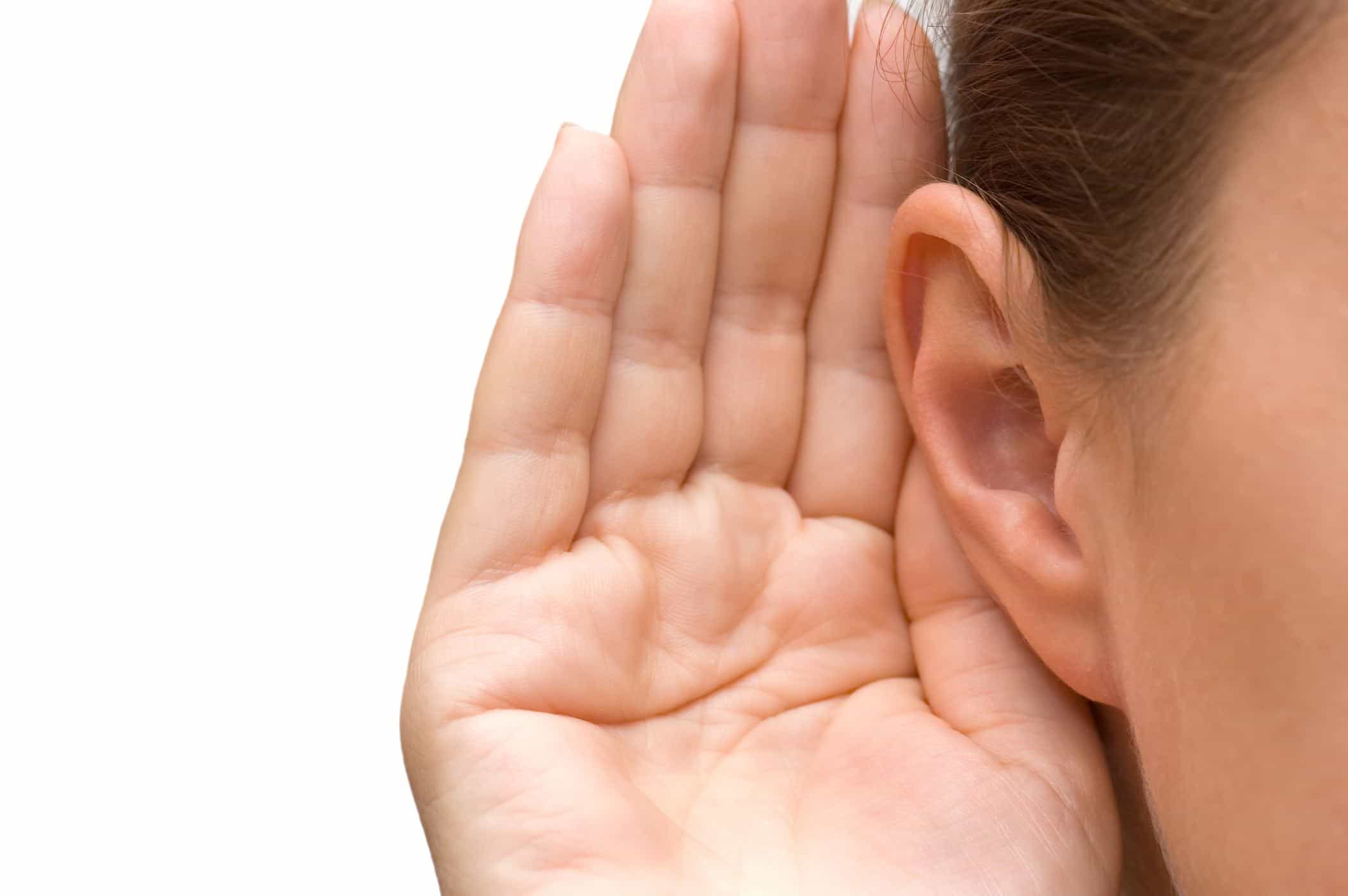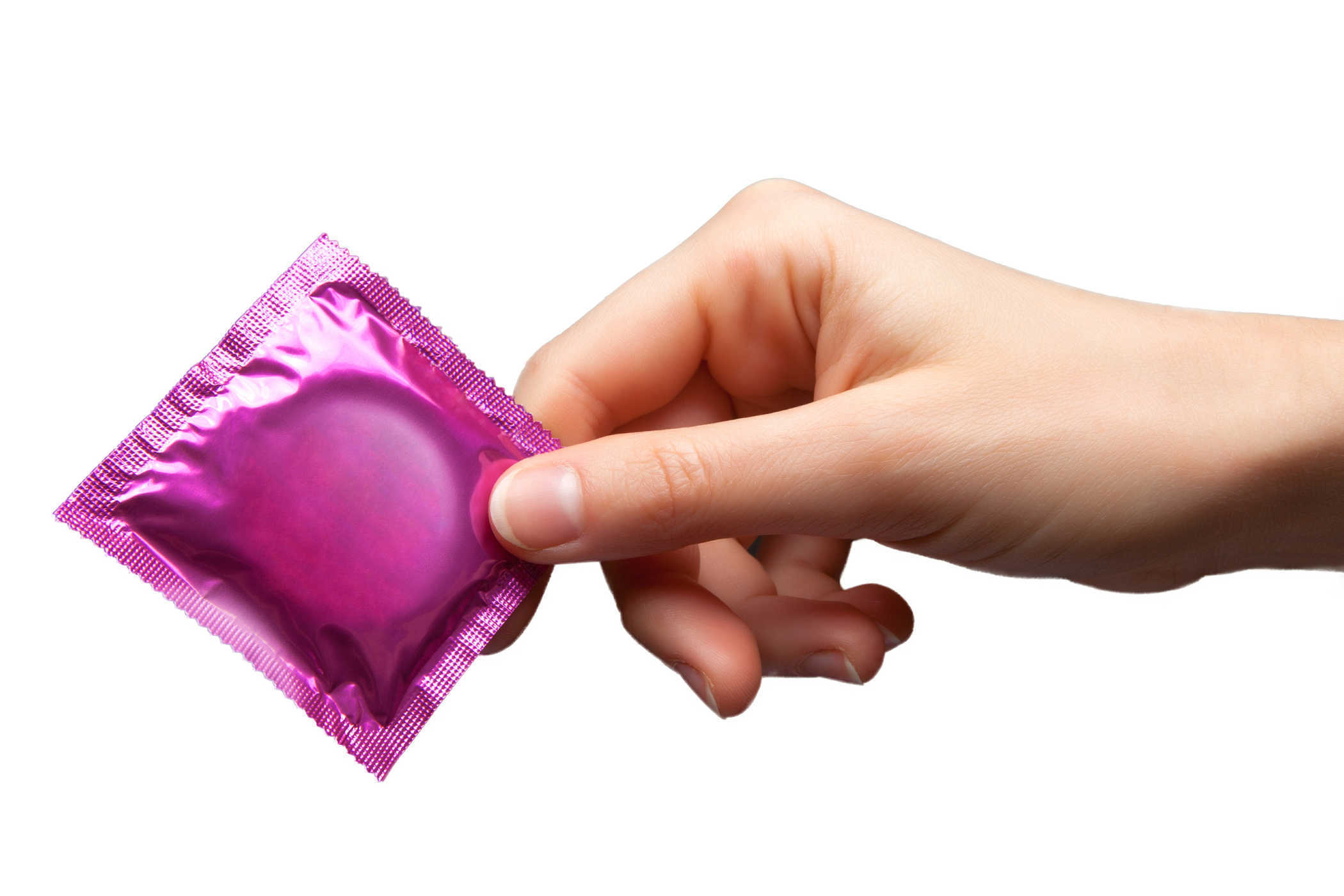Contents:
- Medical Video: Treating hyperparathyroidism in patients with chronic kidney disease
- What are mineral and bone disorders in chronic kidney disease (CKD-MBD)?
- Why are hormones and minerals important?
- How is CKD-MBD diagnosed?
- How to treat CKD-MBD?
Medical Video: Treating hyperparathyroidism in patients with chronic kidney disease
What are mineral and bone disorders in chronic kidney disease (CKD-MBD)?
Mineral and bone disorders in chronic kidney disease, also known as Chronic Kidney Disease-Mineral and Bone Disorder (CKD-MBD) occur when the kidneys fail to maintain the right level of calcium and phosphorus in the blood, causing abnormal bone hormone levels. CKD-MBD is a common problem in people with kidney disease and affects almost all patients who receive dialysis.
CKD-MBD is most serious in children because their bones are still developing. This condition slows bone growth and causes disability. One of these abnormalities occurs when the feet bend toward each other or opposite each other; This deformity is referred to as "kidney rickets." Other serious complications are short stature. Symptoms can be seen in the growth of children with kidney disease before they even start dialysis.
Bone changes from CKD-MBD can begin years before symptoms appear in adults with kidney disease. For this reason, this disease is known as "Silent crippler." If CKD-MBD in adults is not treated, the bones gradually become thin and weak, and people with CKD-MBD may begin to feel pain in the bones and joints. CKD-MBD also increases the risk of fractures.
Doctors used to use the term kidney osteodystrophy to describe disorders of minerals and hormones caused by kidney disease. Now kidney osteodystrophy is only used to describe bone problems caused by CKD-MBD.
Why are hormones and minerals important?
In healthy adults, bone tissue is constantly being renovated and rebuilt. The kidneys play an important role in maintaining healthy mass and bone structure because one of their jobs is to balance calcium and phosphorus levels in the blood and ensure that vitamin D a person receives from sunlight and food becomes active.
Calcium is a mineral that builds and strengthens bones. Calcium is found in many foods, especially milk and other dairy products. If the calcium level in the blood becomes too low, four small glands in the neck called the parathyroid gland release a hormone called parathyroid hormone (PTH). This hormone attracts calcium from the bones to increase blood calcium levels. Too much PTH in the blood removes too much calcium from the bones; over time, the constant removal of calcium will weaken the bones.
Phosphorus, an element found in most foods, also helps regulate calcium levels in bones. Healthy kidneys remove excess phosphorus from the blood. When the kidneys stop working normally, the level of phosphorus in the blood can be too high, which results in lower calcium levels in the blood and results in high PTH levels and loss of calcium from the bones. Even before phosphorus levels become high, the kidneys are forced to work harder to clear phosphorus from the body.
Healthy kidneys produce calcitriol from vitamin D received from sunlight and food. Calcitriol helps the body absorb calcium and phosphorus into the blood and bones. Calcitriol and PTH works together to maintain normal calcium balance and bone health. If the calcitriol level drops too low, the PTH level will increase and calcium will be lost from the bone. In people with kidney failure, the kidneys stop making calcitriol. The body then cannot absorb calcium from food, which causes an increase in PTH levels. The combination of decreasing calcium absorption from food and PTH taking calcium from bones makes bones weak and brittle.
How is CKD-MBD diagnosed?
To diagnose CKD-MBD, the doctor will take blood samples to measure calcium, phosphorus, PTH, and sometimes vitamin D. Doctors may do a bone biopsy to see if the bone cells are working normally. Bone biopsy is performed under local anesthesia and involves removing a small sample of the hip bone and analyzing it with a microscope. Determining the causes of CKD-MBD helps doctors decide on your treatment.
How to treat CKD-MBD?
Controlling PTH levels can prevent bone damage. Usually, overactive parathyroid glands can be controlled by changes in diet, dialysis treatment, or medication.
CKD-MBD can be treated with dietary changes. Reducing phosphorus intake is one of the most important steps in preventing bone disease. Almost all foods contain phosphorus, but the levels are very high in milk, cheese, dried beans, peas, beans, and peanut butter. Drinks like chocolate, dark soda, and beer are also high in phosphorus. Often, drugs called phosphate binders - such as calcium carbonate (Tums), calcium acetate (PhosLo), sevelamer hydrochloride (Renagel), or lanthanum carbonate (FOSRENOL) - are prescribed with foods and snacks to bind phosphorus in the intestine. These drugs reduce absorption of phosphorus into the blood. A nutritionist can help develop a diet plan to control phosphorus levels in the blood.
These drugs reduce absorption of phosphorus into the blood. Increased dialysis dose by increasing flow rate patients or treatment times can also help control phosphorus.
If the kidneys do not make sufficient amounts of calcitriol, one can take synthetic calcitriol in pill form (Rocaltrol) or in the form of injection (Calijex). Other types of vitamin D that may be prescribed are ergocalciferol (calciferol, Drisdol), cholecalciferol (Delta D3), doxercalciferol (Hectoral), and paricalcitol (Zemplar). Your doctor may prescribe a calcium supplement other than calcitriol. The drug cinacalcet hydrochloride (Sensipar), approved by the US Food and Drug Monitoring Agency in 2004, reduced PTH levels by mimicking the effects of calcium on the parathyroid gland. If PTH levels cannot be controlled, the parathyroid gland may need to be removed surgically.
A good treatment program, including proper attention to diet, dialysis, and drugs, can increase the body's ability to repair damaged bones due to CKD-MBD. Overall bone health can also be improved by exercising and not smoking. People on dialysis should consult a health care professional before starting an exercise program.












